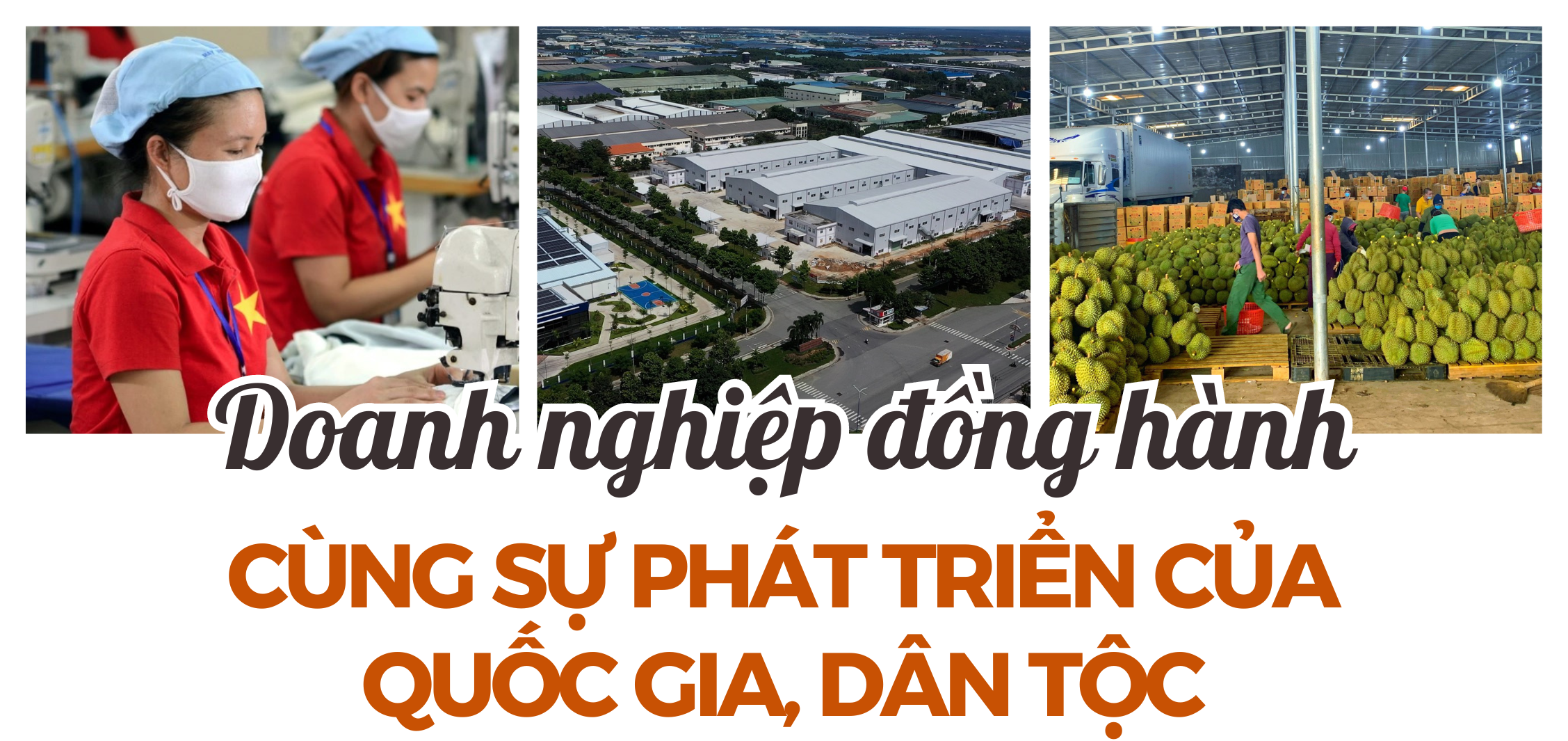


During the French colonial period, many Vietnamese enterprises appeared with famous businessmen such as Bach Thai Buoi and Bui Huy Nhuong. These are enterprises that clearly define the mission of patriotism, promoting national resources, creating value, creating jobs, promoting development and improving the national image on the world map.
During the period of resistance against French colonialism (1945-1954), Vietnamese enterprises actively supported the resistance war and national construction, contributing a lot of money and assets to the resistance war and supporting human and material resources for the success of the resistance war. During the resistance war against American imperialism, most of the enterprise resources were mobilized to serve the resistance war, enterprises operated day and night under the "rain of bombs and bullets", sacrificing a lot of human and material resources to finally achieve the glorious victory of the national liberation revolution "Fight to make the Americans leave, fight to make the puppets fall" as the call of beloved Uncle Ho.
When the country was completely liberated (since 1975), completing the national democratic revolution, and completely unifying the country, enterprises actively contributed all resources to serve the cause of economic development, social stability, and bringing the country "fast, strong, and steady progress towards socialism".
During the renovation period (since 1986), the position and role of enterprises have been improved. In addition to state-owned enterprises that have been vigorously equitized to be worthy of the core role of the state economy, private enterprises and enterprises with foreign direct investment (FDI) have been allowed and encouraged to develop. After nearly 40 years of developing a socialist-oriented market economy, Vietnamese enterprises have become a force creating value for the entire economy, creating an average growth rate of 6-6.5% continuously for nearly 40 consecutive years.
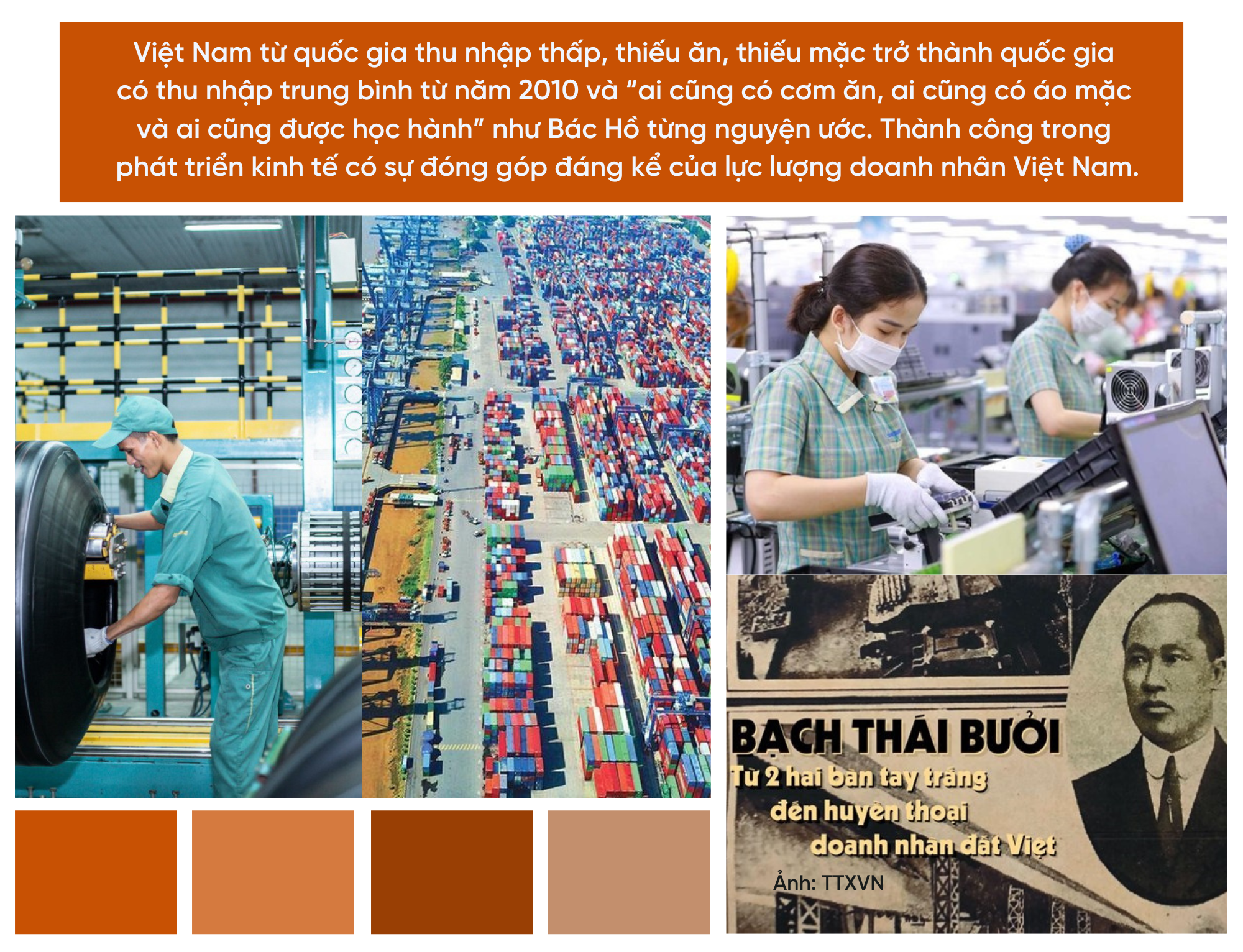

The proactive and active integration period since the renovation is reflected in the country's negotiation, signing and implementation of 16 free trade agreements, including new-generation free trade agreements. This is the driving force to expand the country's international economic space, and enterprises are the force to implement international commitments, reaping benefits from expanding trade and investment.
With that opportunity, Vietnamese enterprises promptly and simultaneously accompany the country, fully exploit the opportunities effectively, creating new development momentum. At the same time, challenges from fierce competition and requirements for strict compliance with increasingly sophisticated international regulations and standards on trade and investment, the uncertainty of the international context, difficulties from governance models and resource access methods further motivate the improvement of business resilience and competitiveness.
Innovation becomes a new development philosophy of enterprises, accordingly, investment in innovation needs to be given a satisfactory position in the priorities of enterprise development. This is the basis for innovation in national governance - the most effective factor to improve the position, image and potential of the nation.
The success of enterprises affirms the correctness of the country's international integration policies and guidelines. Enterprises also create good practices to perfect policies, adjust strategies and develop new initiatives in the development model.
In fact, by 2022 and 2023, Vietnam's total import-export turnover will reach a record of 700 billion USD on average and the total realized foreign direct investment will reach 230 billion USD. Vietnam is among the 20 economies with the largest total import-export turnover and foreign investment globally.
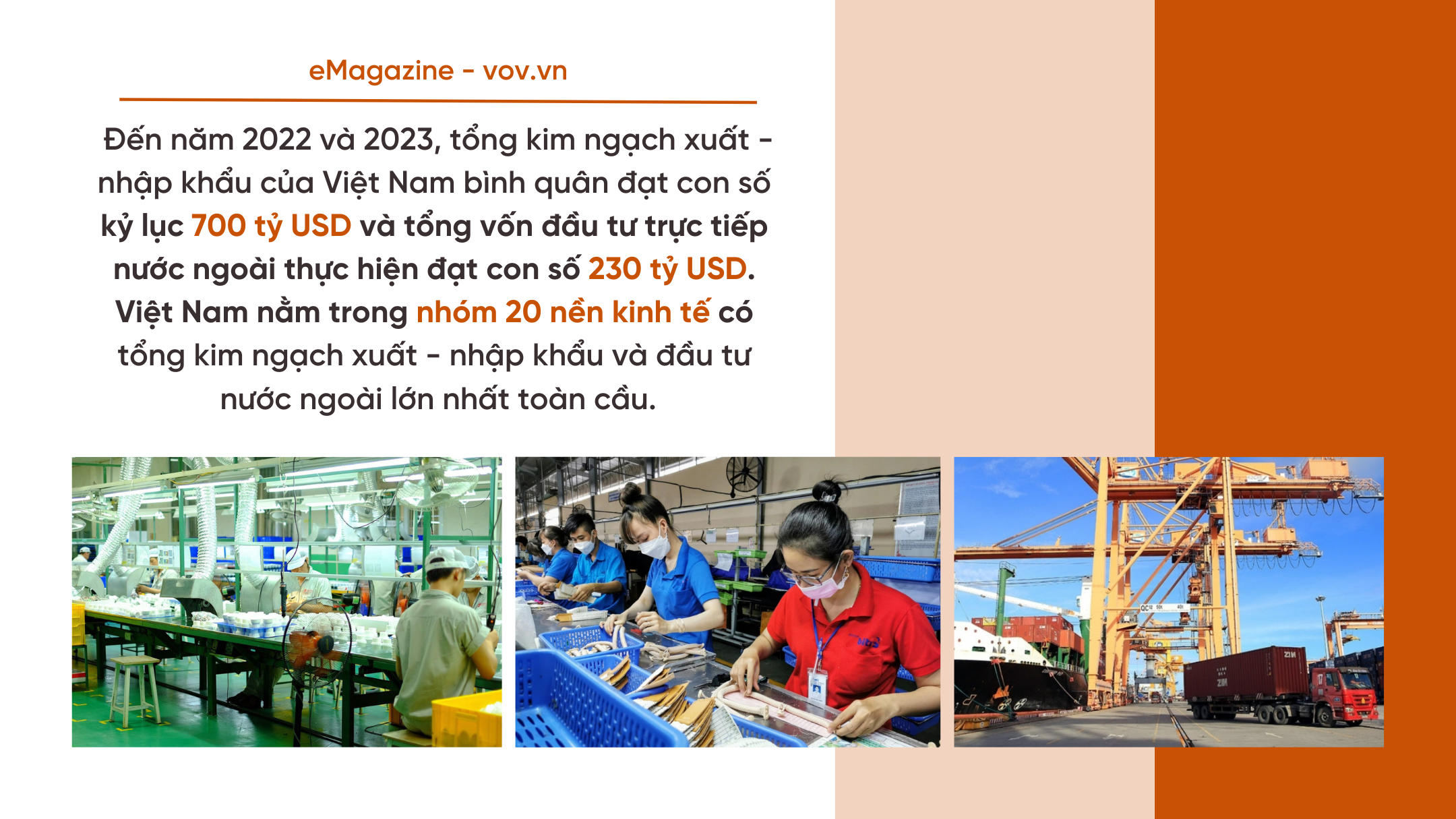
International trade and investment with the implementation of enterprises create a driving force for strong national development, improve people's welfare, and raise the national status. This is a fundamental process of shifting the growth model from inward to outward, from breadth to depth.
Vietnam has become a key link in the global trade and investment chain for important commodities such as agricultural products, phones and components, textiles and garments, and Vietnamese enterprises are the leading agents, pioneers and the only force undertaking this mission. Accordingly, many new development potentials continue to be identified and exploited in conjunction with new growth models such as digital transformation, green transformation and circular economic development, net zero emissions by 2050, energy restructuring, and labor redistribution.


Up to now, Vietnam has a fairly strong business force with about 800,000 active businesses and tens of thousands of newly established businesses each year. This number is still increasing and the goal of having millions of businesses is not far away. From most (97%) of small and medium-sized businesses when innovating, many Vietnamese businesses have capital and assets of tens of billions of USD, with overseas investment activities such as the National Oil and Gas Group, Viettel Military Industry and Telecommunications Group, FPT Group, etc.
Many small and medium-sized enterprises are expanding their scale effectively by taking advantage of the market size of 100 million people domestically and 8.1 billion people internationally, taking advantage of the incentives of signed FTAs to increase market share both domestically and internationally. This is an affirmation that enterprises are developing with the country quickly and promptly.
The trend of developing small and medium enterprises into economic groups is becoming a reality from the policy of 35 years ago. This is evidence of the continuous development of the country and people over the past 40 years, which has created a strong force of developing enterprises and this development momentum will certainly not stop.
The new stage requires a change in the position of the nation and people, striving to turn the country into an upper-middle-income country by 2030; a high-income industrial country by 2045. The image of the Vietnamese people is improving at a rapid pace. Many new requirements in development are being posed by the national governance model such as in-depth development, digital transformation, green transformation, circular economy, sharing economy, and knowledge economy.
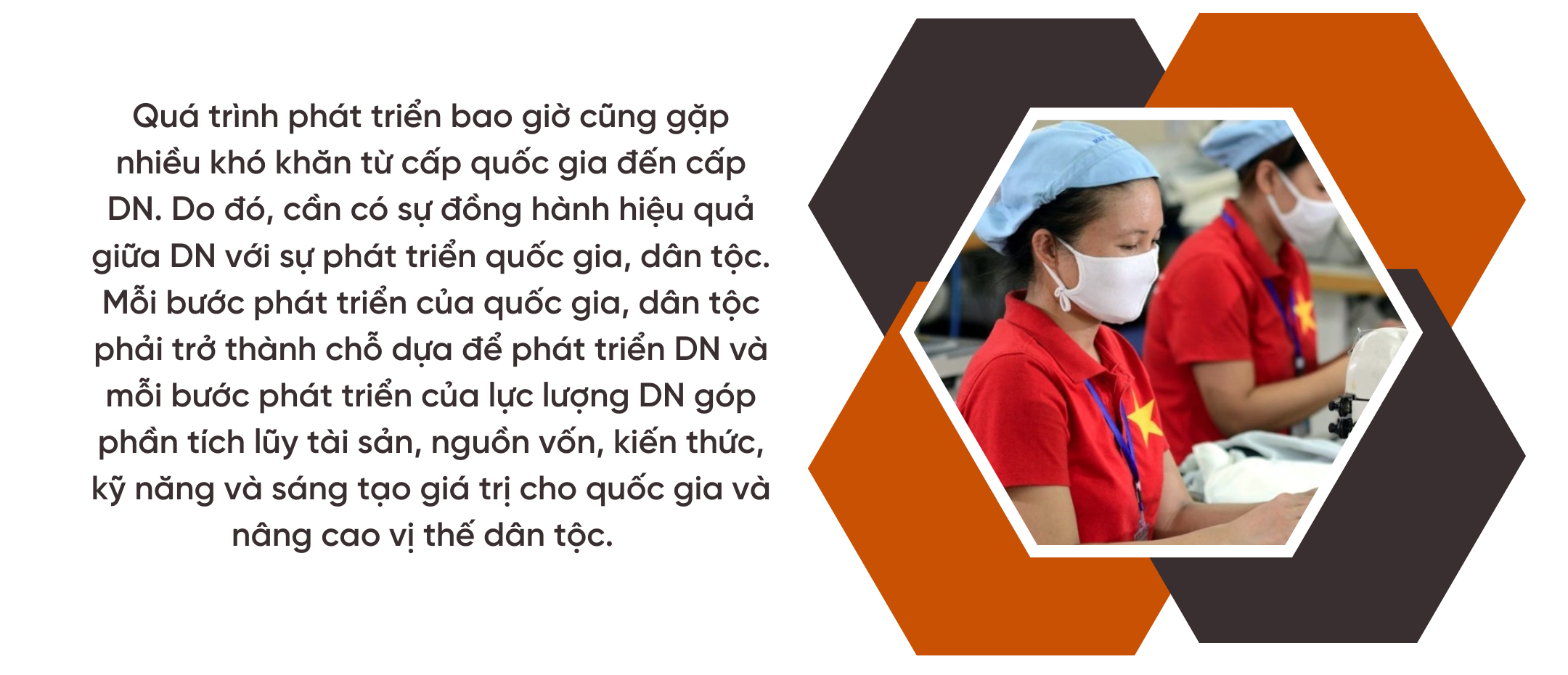
A new development stage with very high requirements for national and international development. Important adjustments from a national perspective are to drastically implement digital transformation, green transformation, improve the business environment and decentralize local governance, and separate state management functions and corporate governance, which are being improved to promote enterprises to mobilize maximum resources for development.
Along with national and ethnic development and efforts to improve the macro economy, enterprises need to attach importance to building an optimal development model, taking digital transformation as the basic foundation for developing organizational models; taking green transformation as the standard for adjusting operating methods, proactively and actively participating deeply in the value chain, promoting startups, expanding the scale of enterprises based on effectively exploiting scale, investing in innovation and developing high-quality human resources.
Enterprises need to attach importance to developing corporate culture in line with the national value system and boldly connect widely with domestic and international partners to spread national culture. Each Vietnamese enterprise needs to be a value creator to strengthen the national economic potential, and a miniature image of national culture to spread the beauty of Vietnamese national culture in the region and the world.
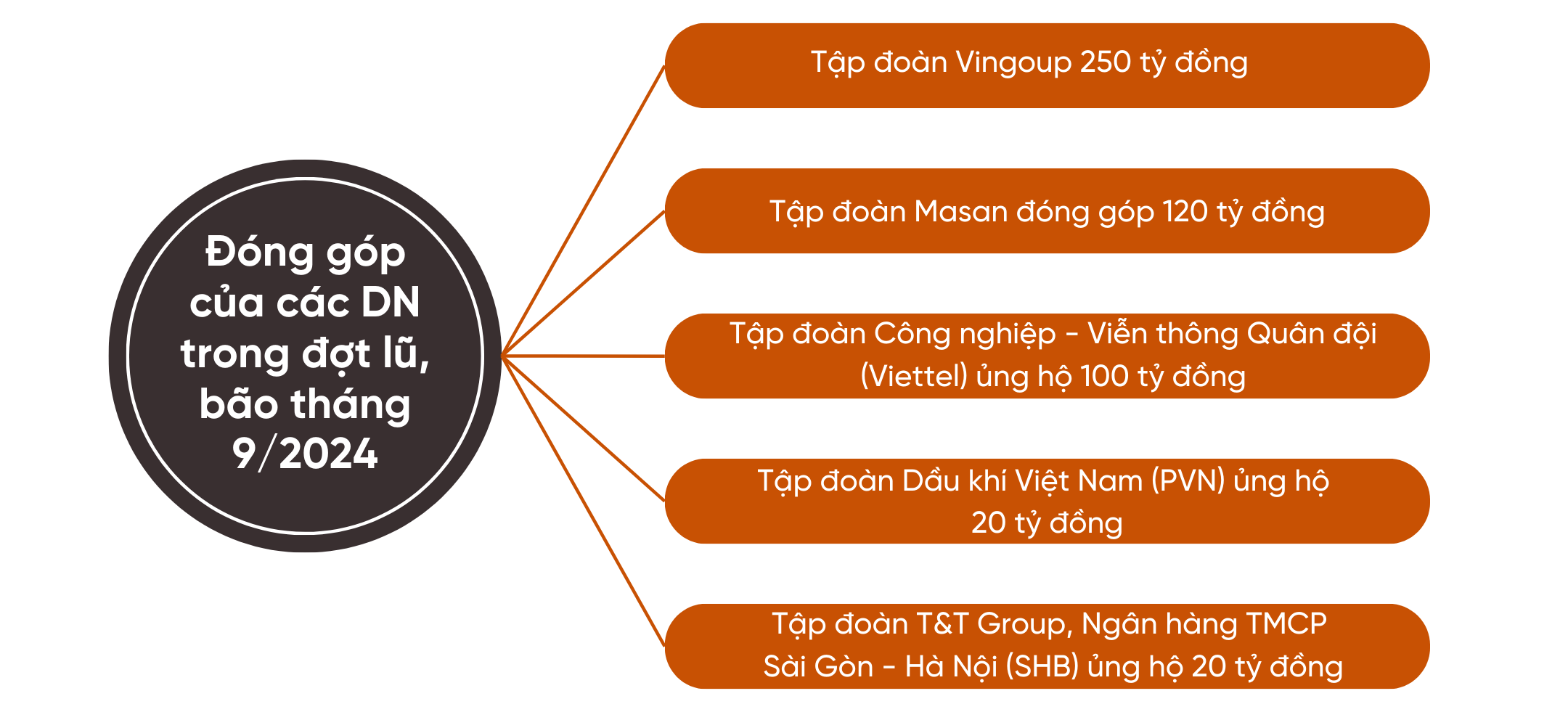
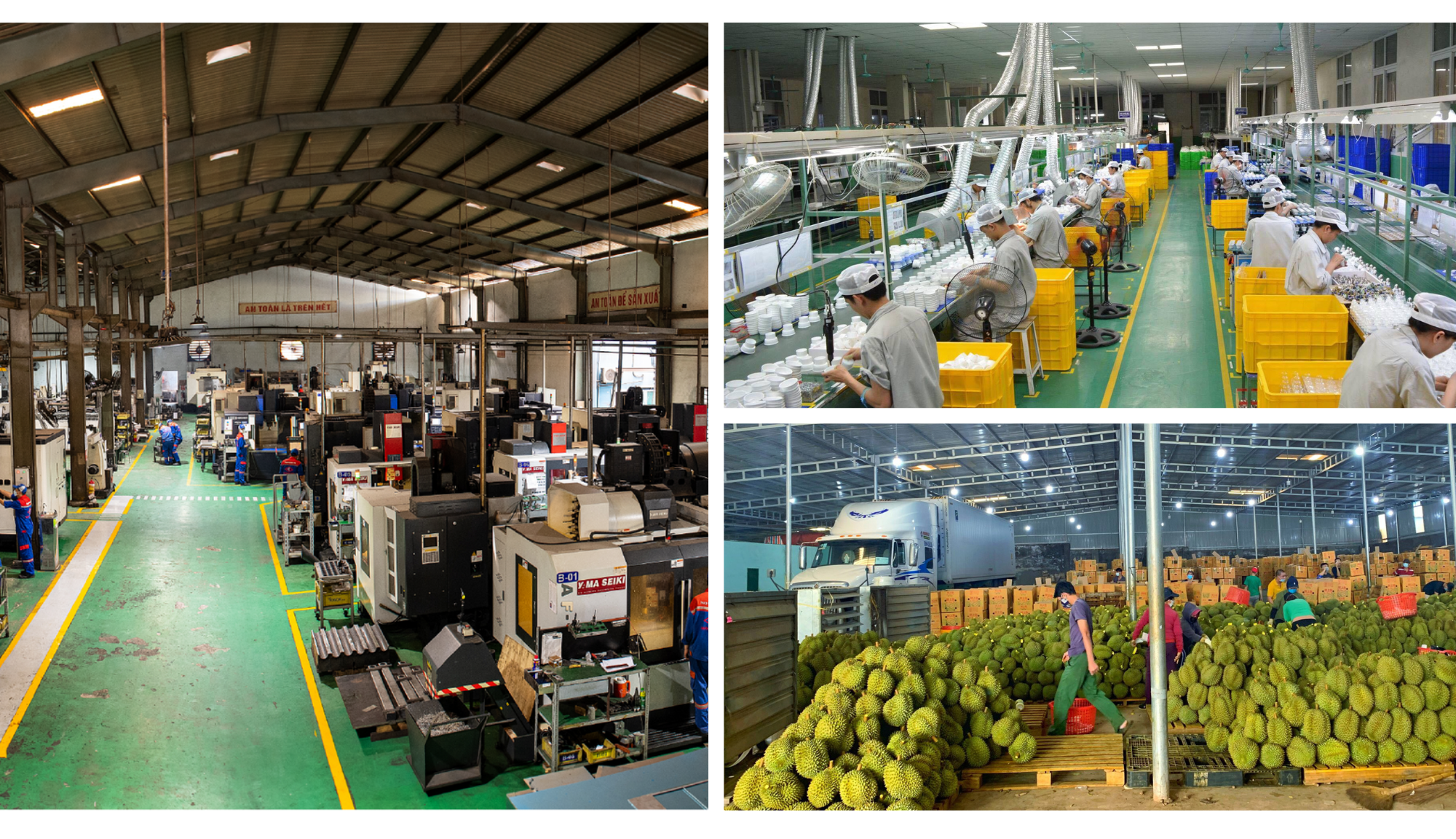
Author: Associate Professor, Dr. Nguyen Thuong Lang - Presented by: Kieu Anh
vov.vn
Source: https://vov.vn/emagazine/doanh-nghiep-dong-hanh-cung-su-phat-trien-cua-quoc-gia-dan-toc-1127750.vov

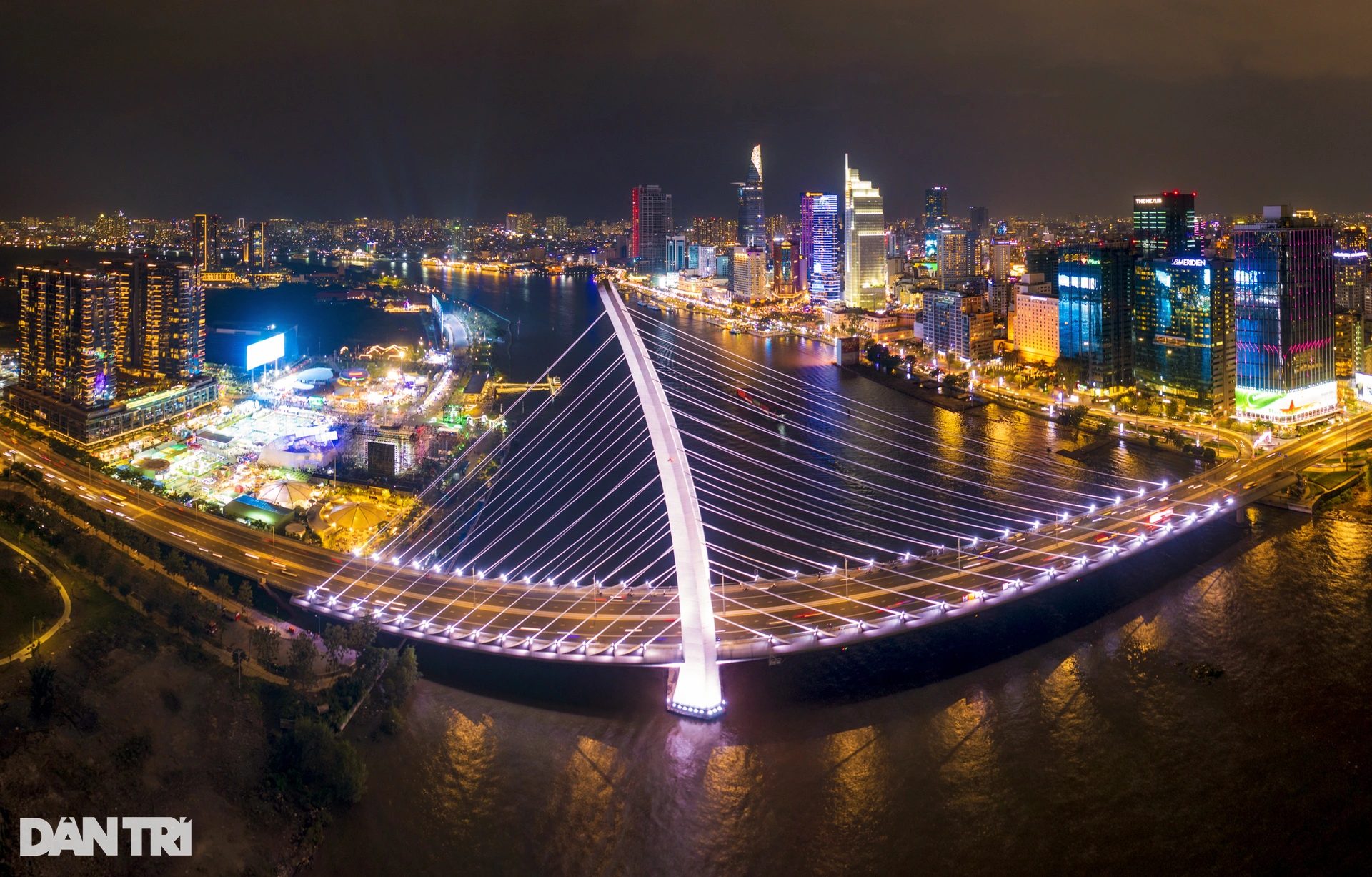





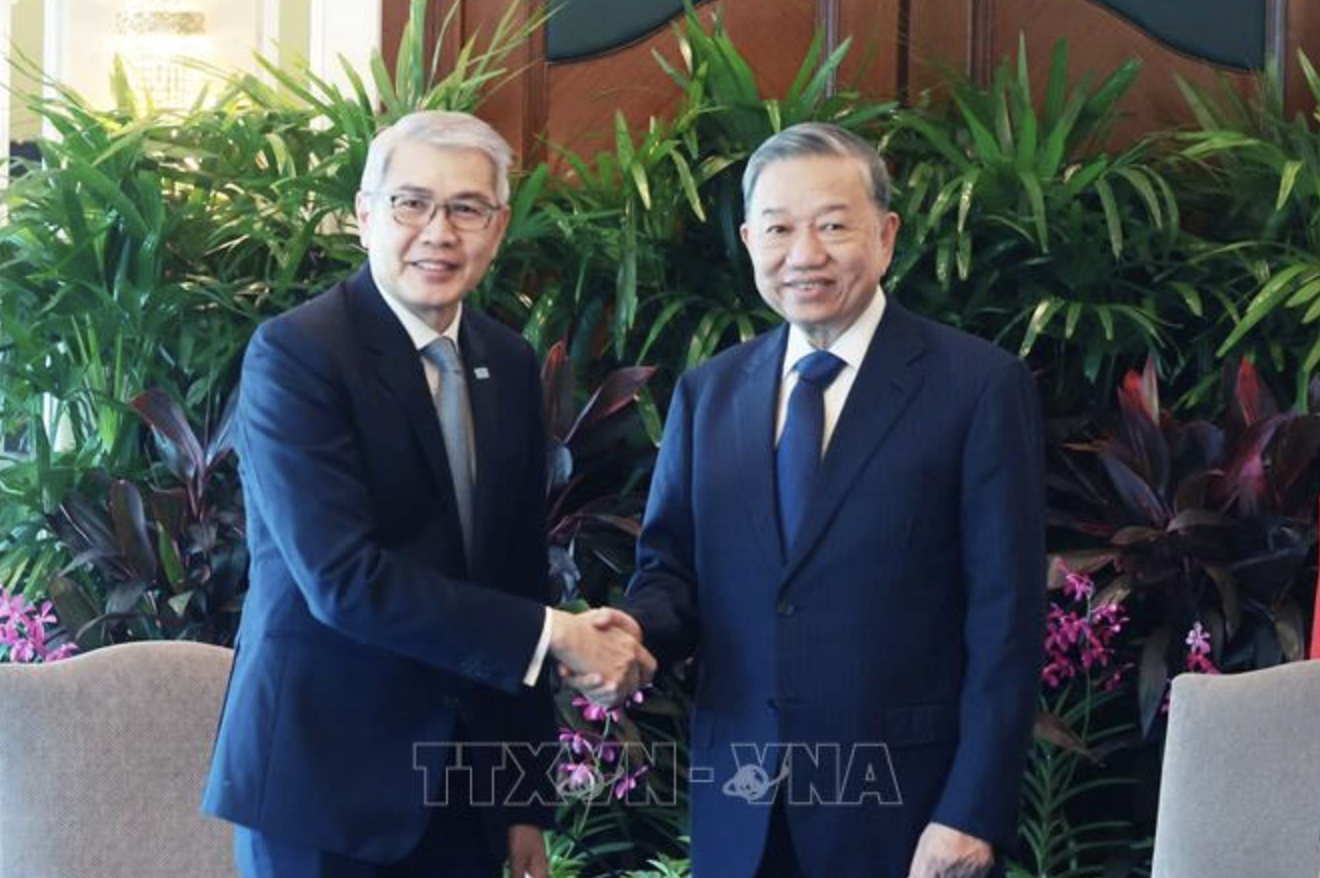

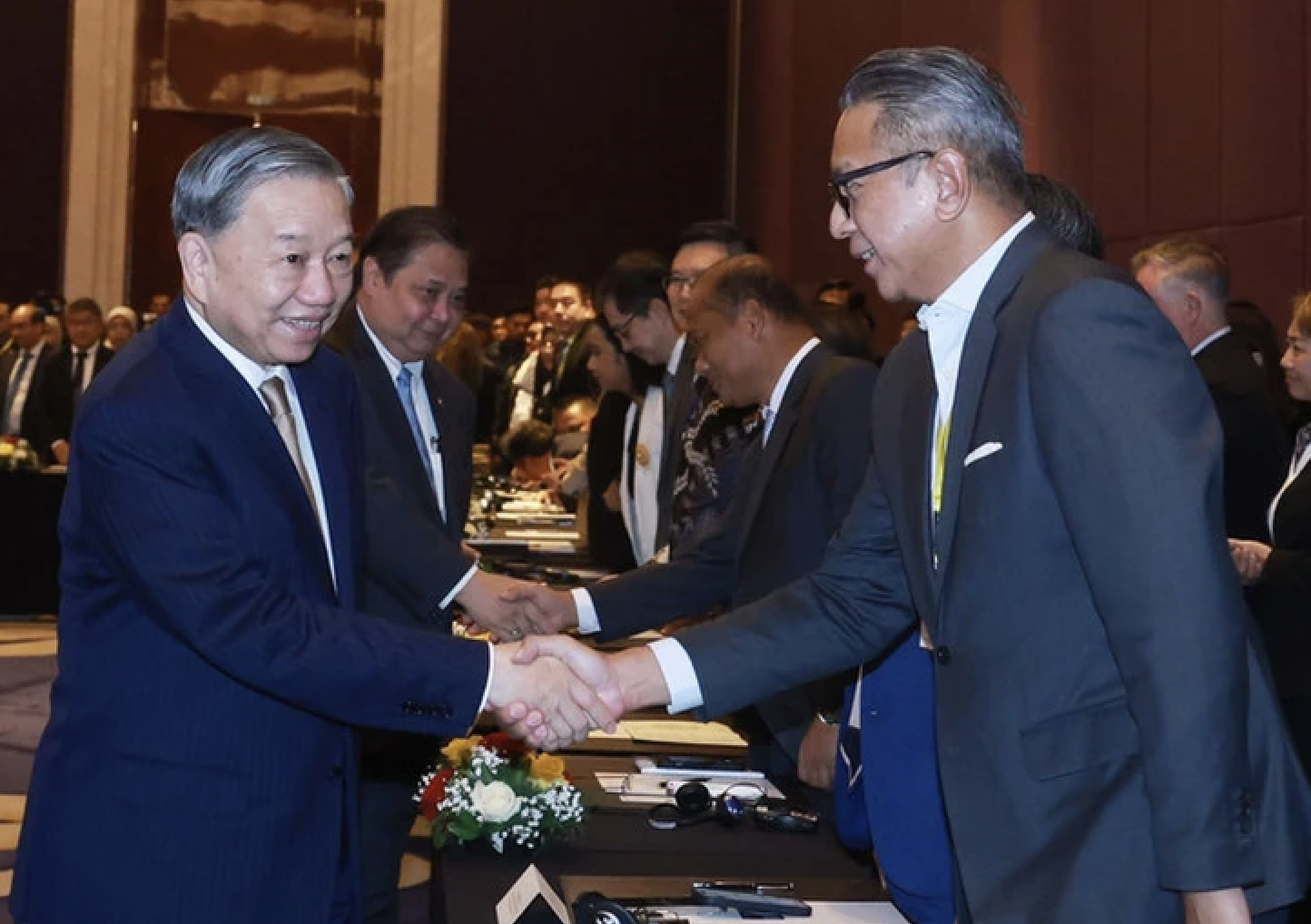

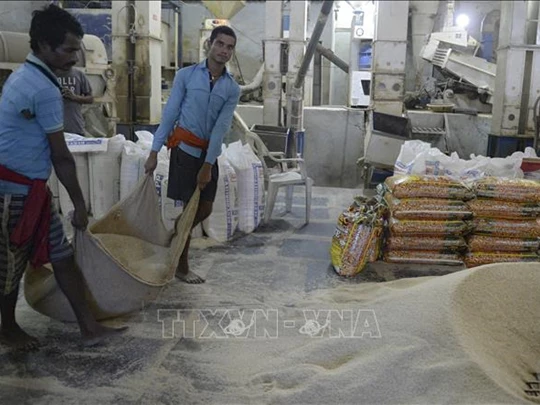

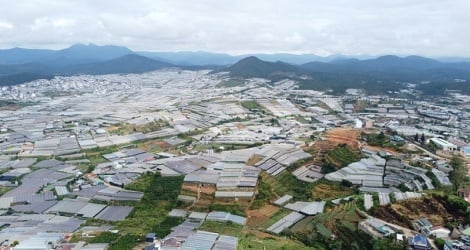

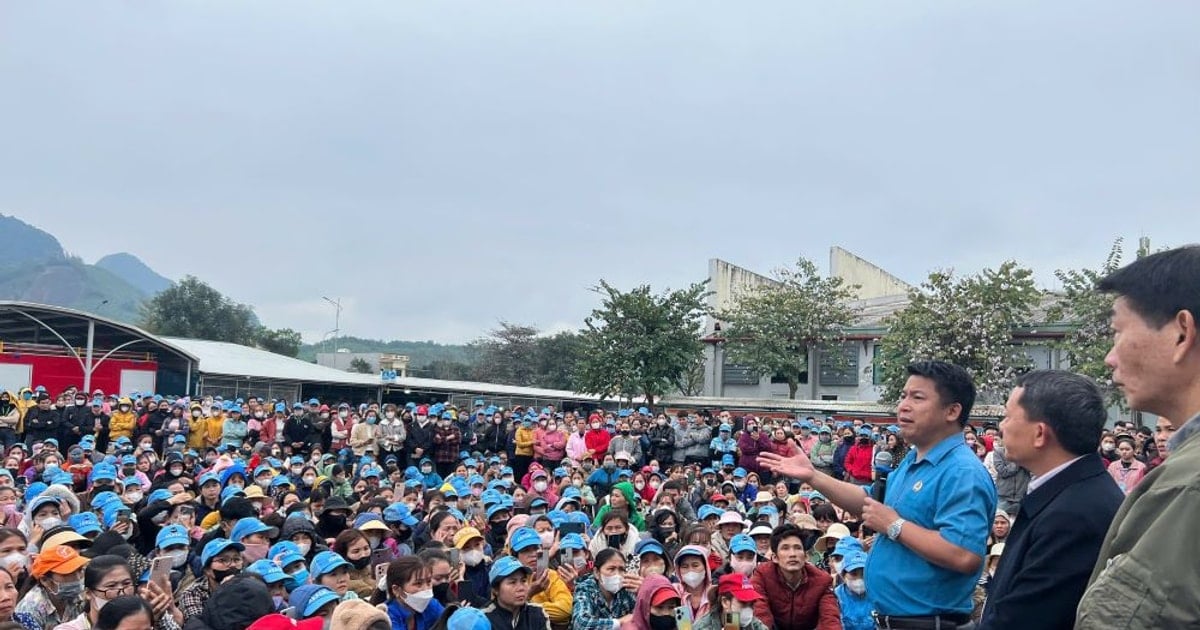





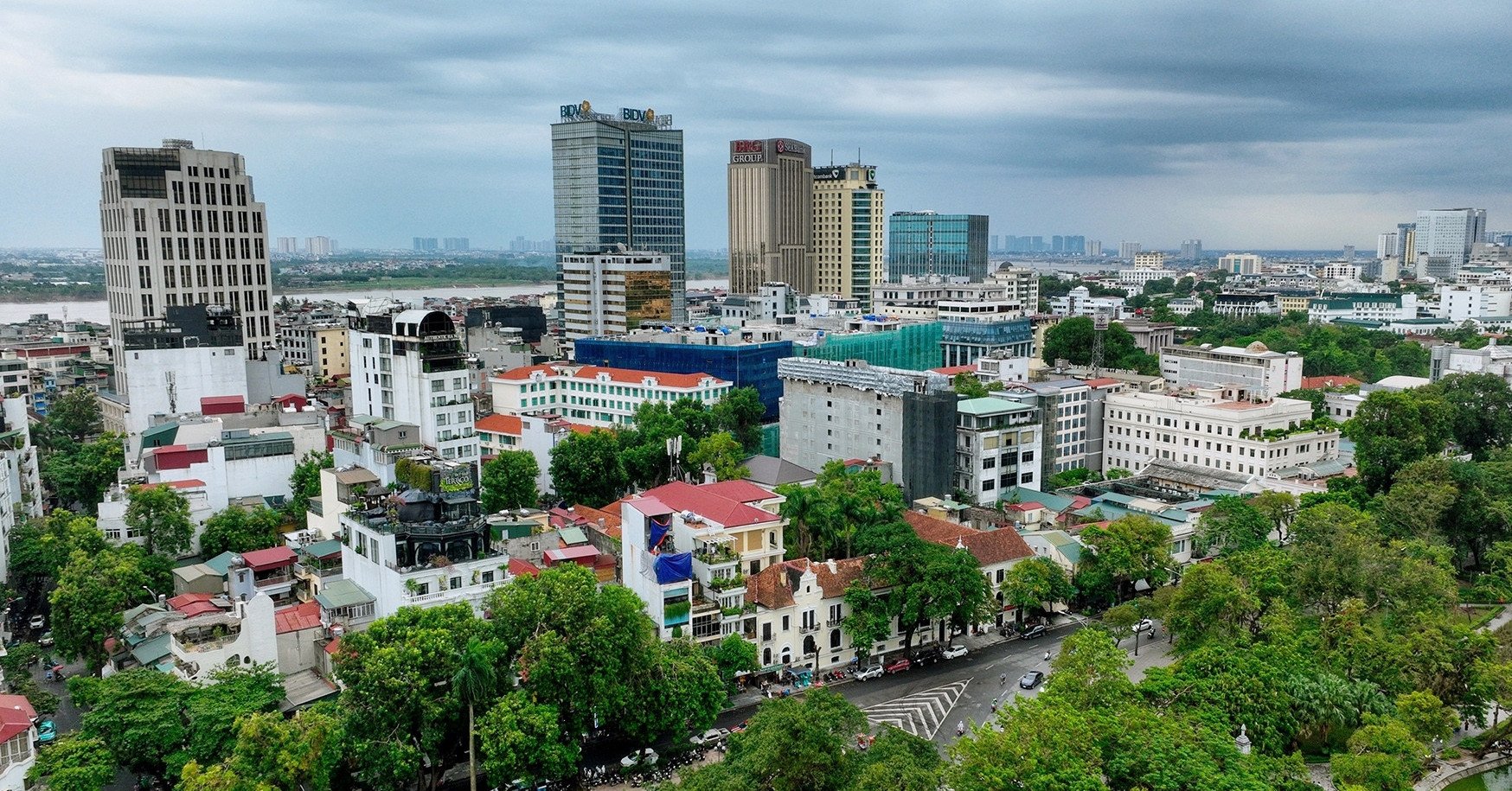
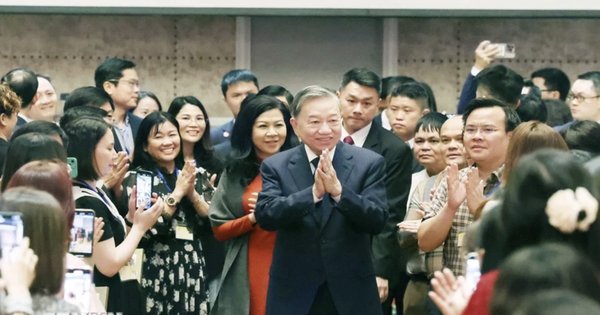
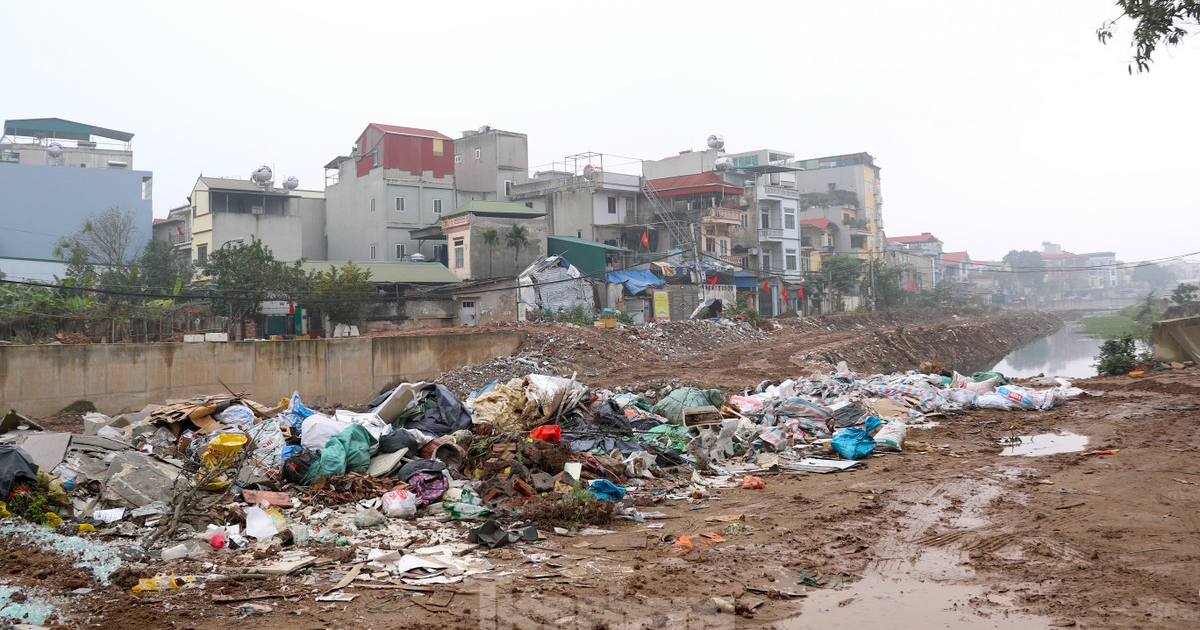

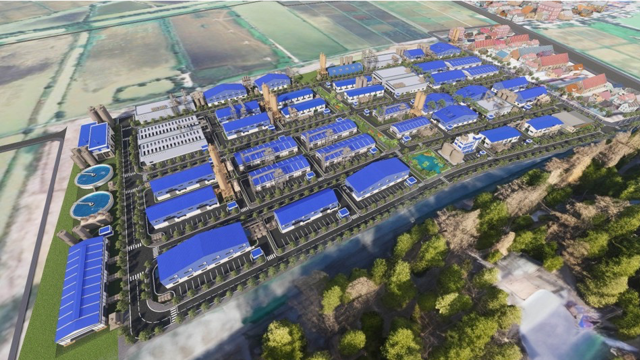
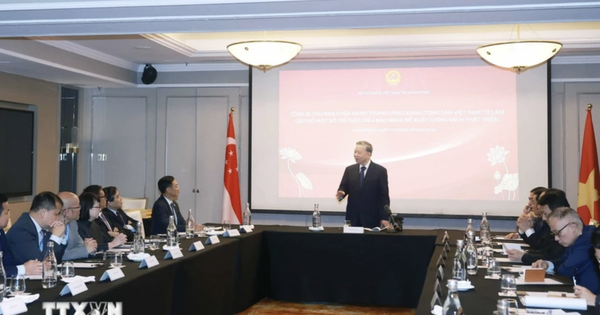


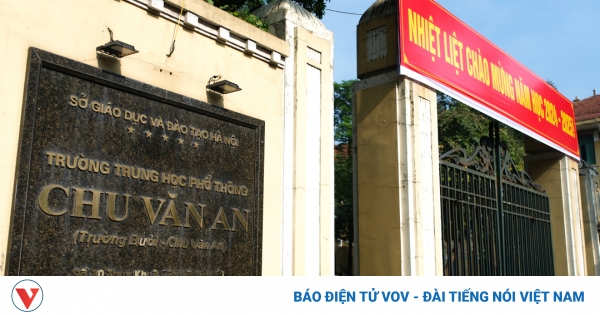

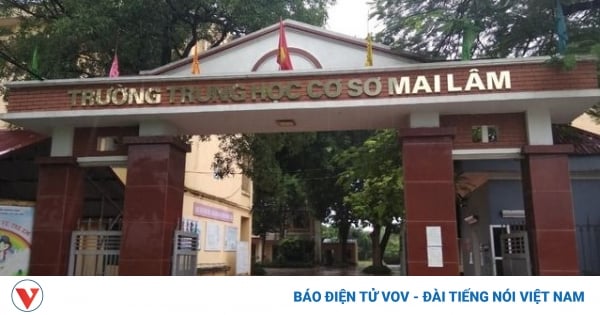
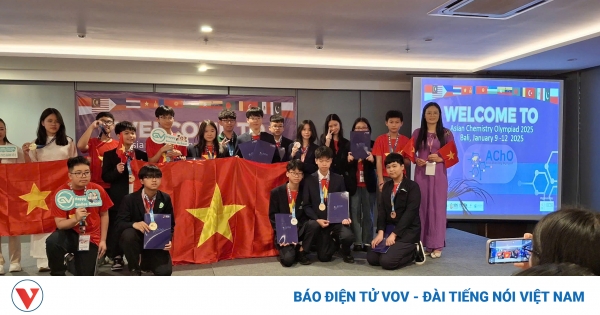

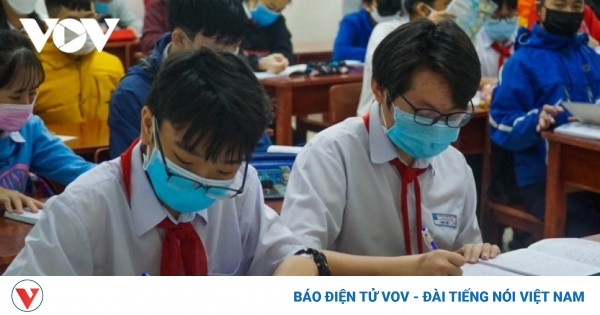








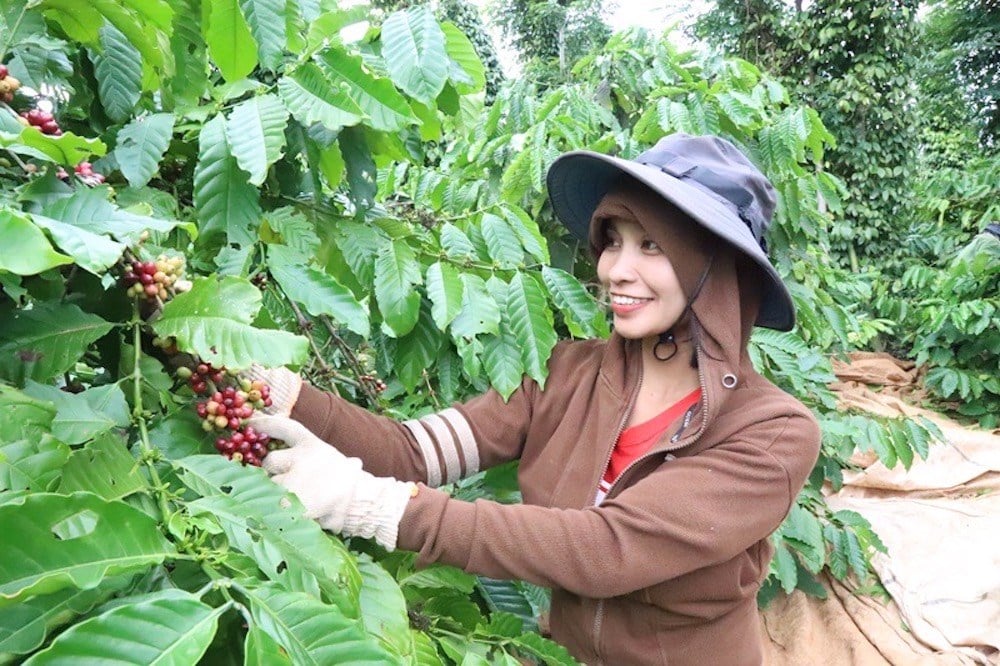


















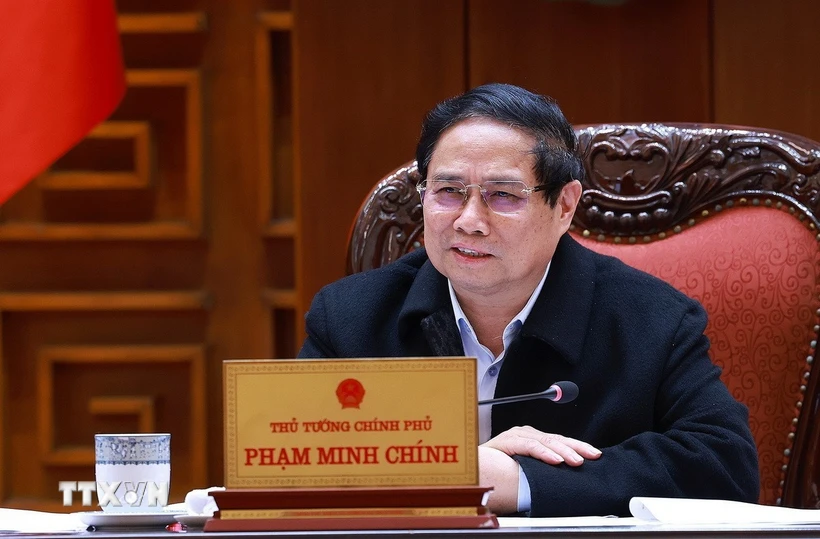

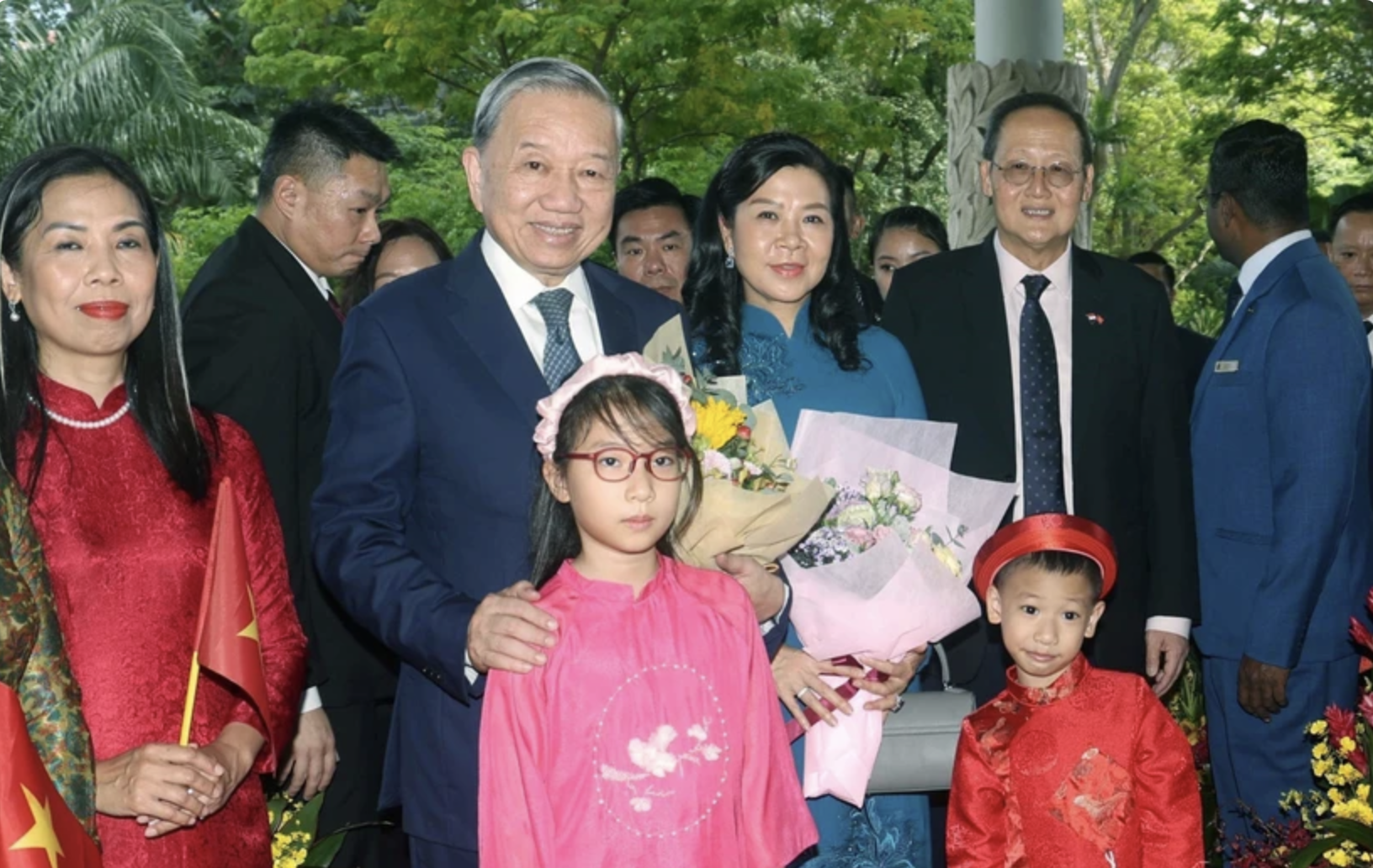
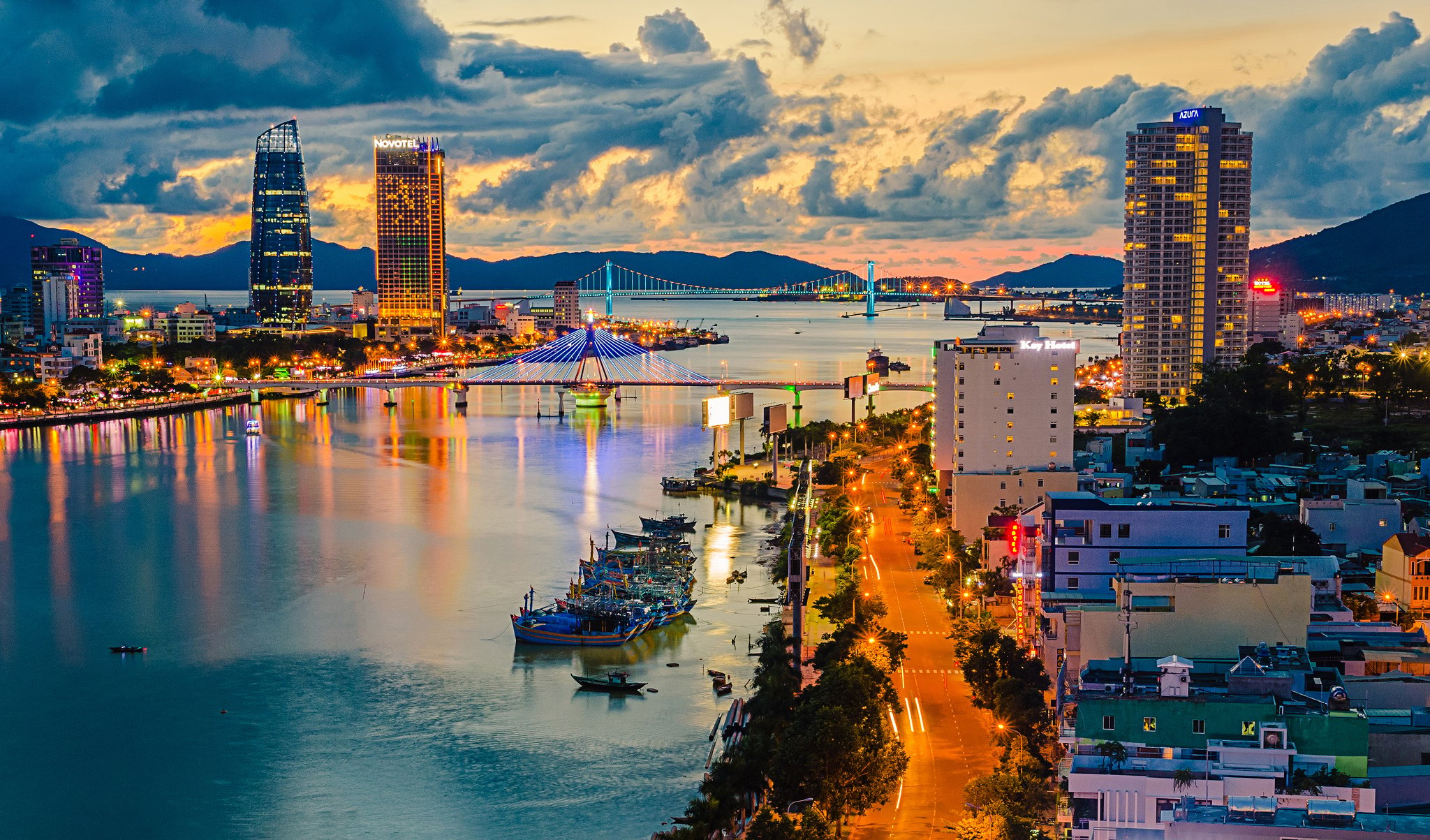
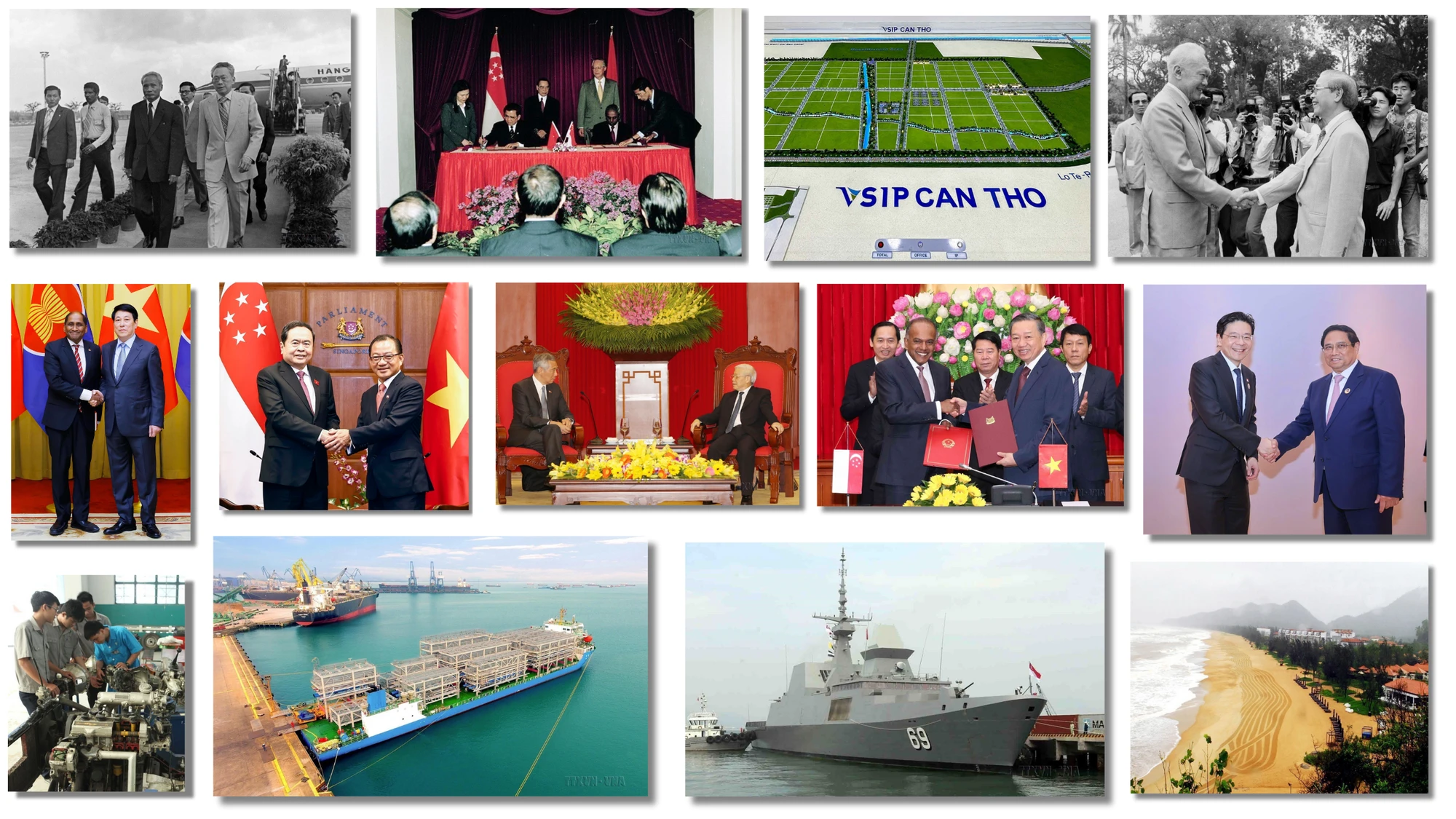


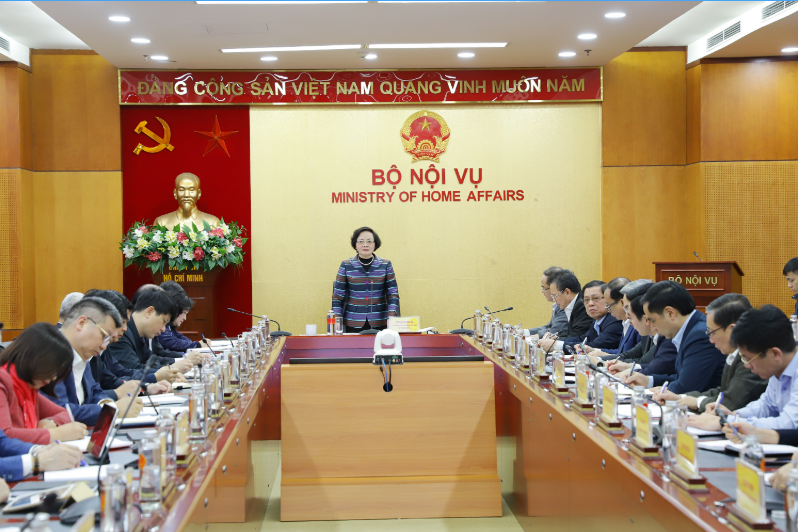

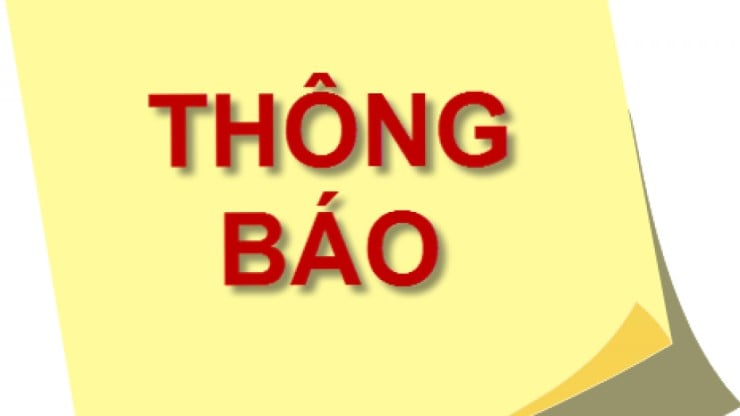
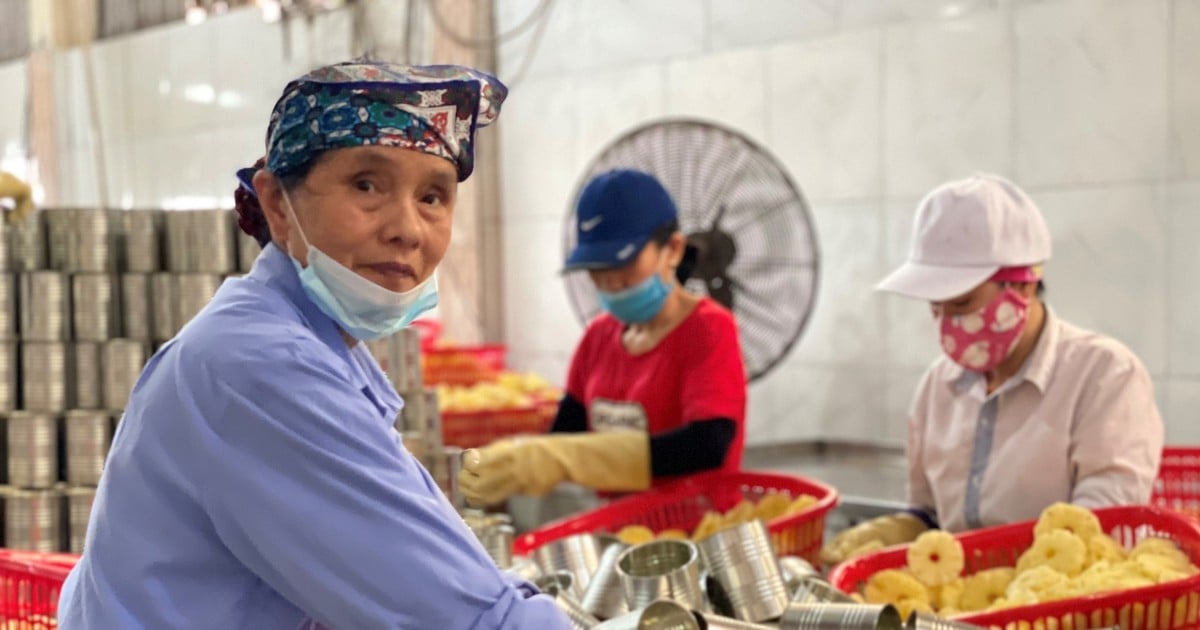

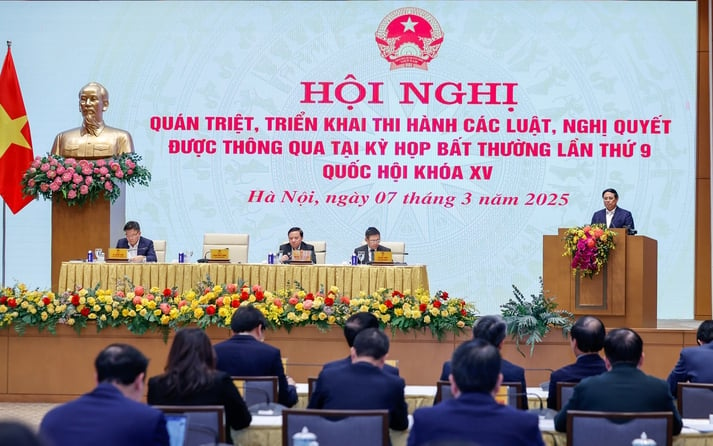






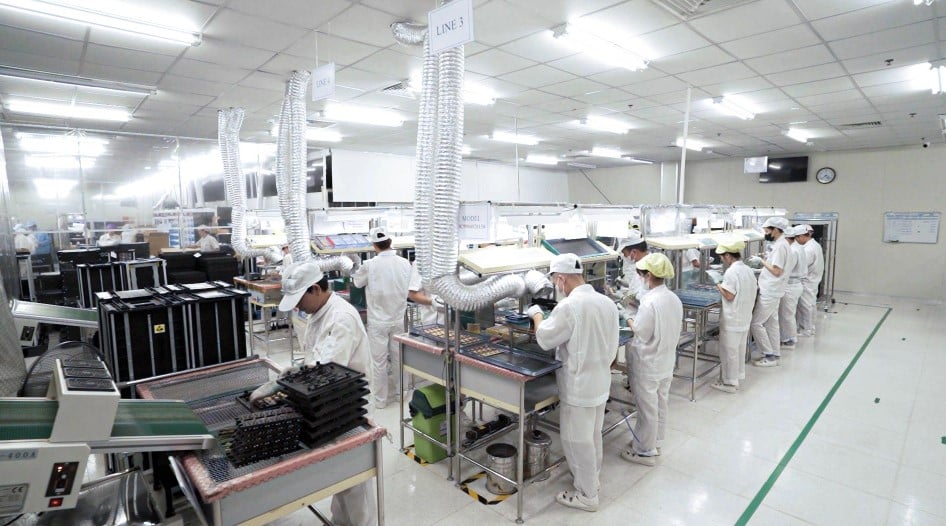

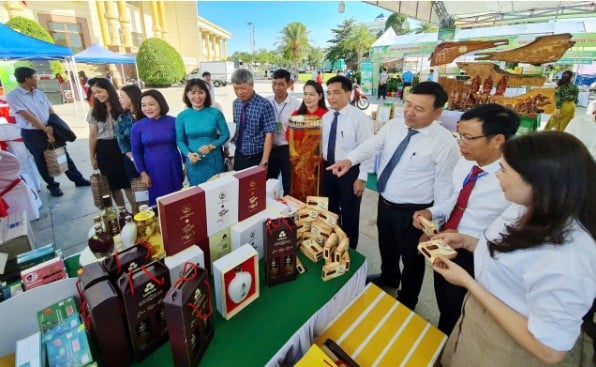

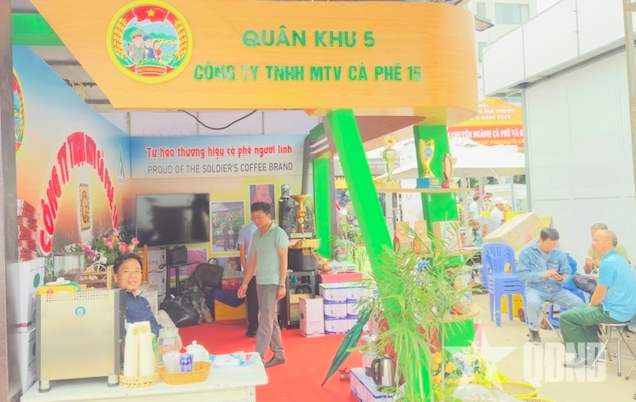


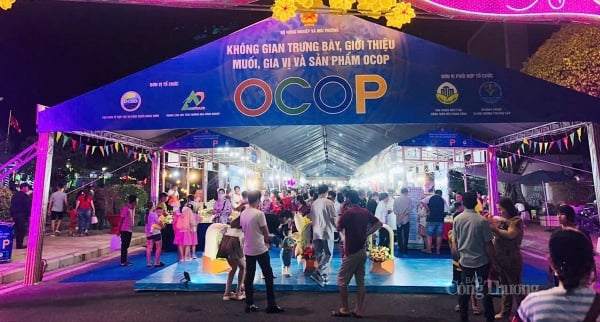

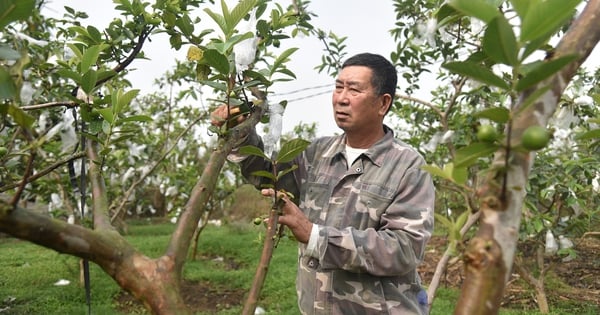

Comment (0)